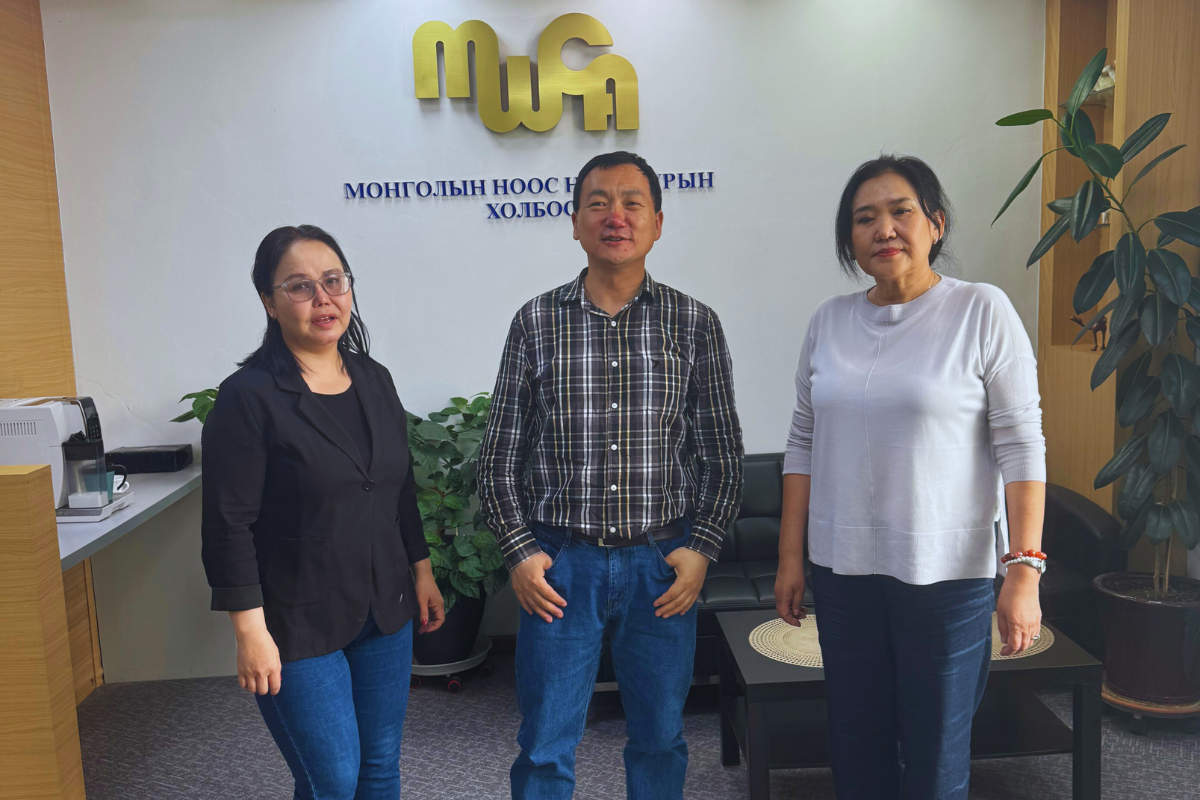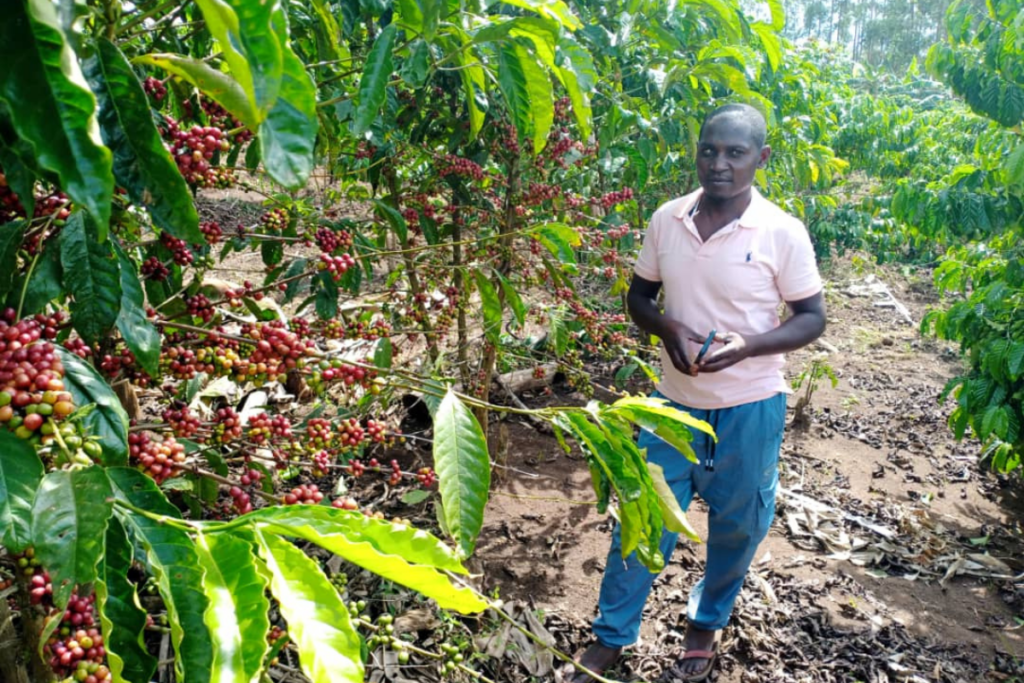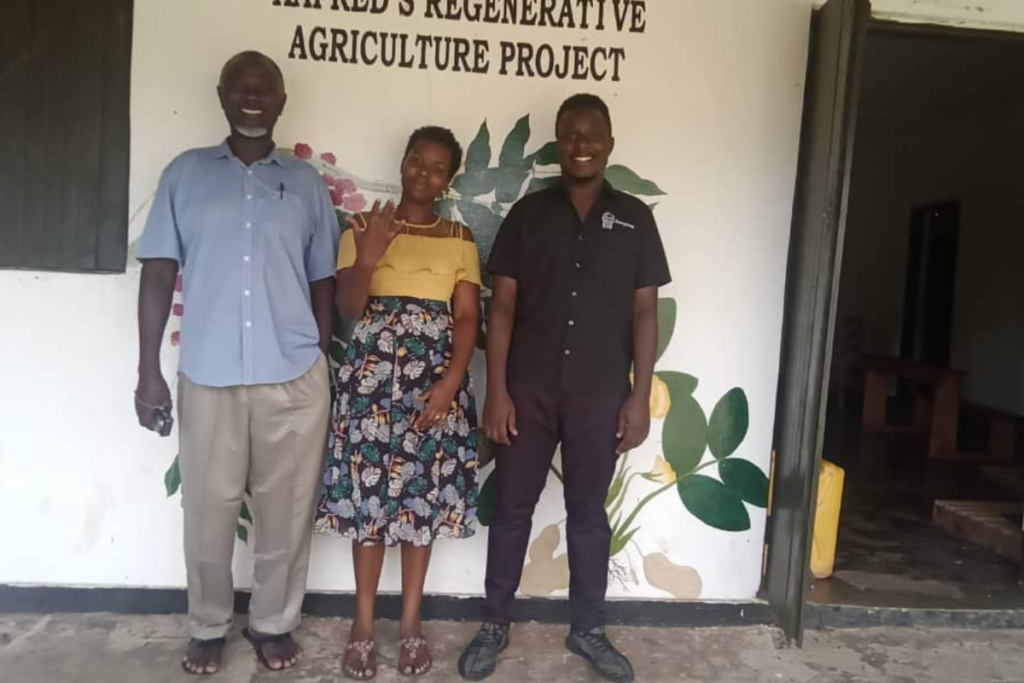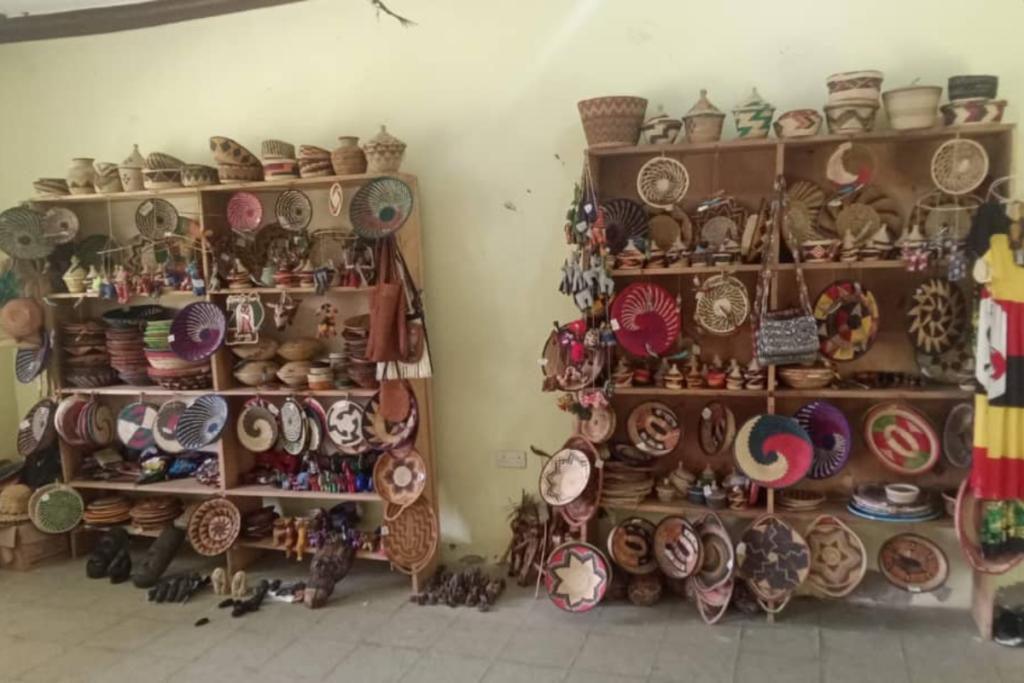
Mountains and islands make up 30 percent of the earth’s surface area and are home to approximately 1.3 billion people. Mountain and island communities are among the worst hit by climate change, suffering from high rates of poverty and hunger and struggling to cope with natural disasters.
To increase mountain and island communities’ resilience Yunus Environment Hub (YEH) is supporting social business entrepreneurship in agricultural and textile value chains through the Business Incubator and Accelerator (BIA) Mountains and Islands program. After the incubator phase in 2023, YEH kicked off the Acceleration phase in February 2024, where we are supporting 32 producer organisations in Ethiopia, Uganda, Kyrgyzstan, Mongolia, Nepal, and The Philippines. During this phase, participants receive tailored assistance on business development with the goal of improving their production and commercialization strategies and activities.
We asked two of our participants to share more about their organisation and ambitions through the BIA program.
First let us take you to Mongolia where the Mongolian Wool and Cashmere Association (MWCA) aims to tackle the high volume of cashmere is unnecessarily wasted throughout the production process. They aim to transform the cashmere and wool industry in Mongolia into a sustainable and environmentally-friendly sector and position the country as a leader in the production of high-quality, eco-friendly cashmere and wool products.
To date, MWCA has created over 10,000 jobs for women and support 180,000 herdsmen to enhance gender equality and economic stability in rural areas. By establishing fair wage systems and decent employment practices they ensure social justice and better quality of life for workers. MWCA implements a circular supply chain approach by recycling all waste yarn, old garments for new clothes to aim for zero-waste in their production.
YEH’s social businesscoach Bat-Orshikh Erdenebat supports the MWCA in Mongolia. During their 2nd coaching session, they developed a SWOT analysis to enhance project outcomes, foster resilience and sustainability and guidance to navigate uncertainty. Through the BIA Acceleration phase, the MWCA is creating a designers’ hub for SMEs in textile sector, the first initiative in Mongolia. The association is also working to codify and implement a robust set of sustainable production practices across the entire value chain, from herders to #textile manufacturers to:
- promote ecologically-sound grazing methods
- improve herder livelihoods
- strengthen herder cooperatives
- enhance animal welfare
Now, join us in Uganda, where our YEH social business coach Fahad Ndugwa is supporting the Kibale Association for Rural and Environmental Development (KAFRED) working in both agriculture and tourism sectors. KAFRED’s contributes to climate action and environmental and social impact by addressing poor farming methods and promoting regenerative agriculture, reducing harmful synthetic agrochemicals. This transition improves soil health and biodiversity while mitigating long-term human health risks. They are promoting regenerative agro-tourism as a new service as part of their nature conservation tourism business arm to support the local community. During the tourism activities they provide the opportunity to purchase handicrafts made by community members especially the youth and women.



Kibale Association for Rural and Environmental Development (KAFRED) driving impactful change in Uganda’s agriculture and tourism sectors.
In their 3rd coaching session with Fahad they focused on business plan development, marketing strategies and financial reporting & planning for KAFRED’s coffee and conservation tourism initiatives. They also discussed crafting a compelling impact story to differentiate their product in the market.
KAFRED’s ambition in the BIA Acceleration phase is to significantly enhance sustainable development through regenerative agriculture. They aim to scale up from a pilot involving seven households to supporting 70 farming households across 60 hectares. Their objectives include promoting regenerative practices, building capacity for alternative revenue through agro-tourism, and creating market linkages for organic products.
Some of the data-driven targets they aim to achieve through the BIA include:
- reduce conventional farming practices by 20%
- increase household incomes by 30%
- contribute 20% to the organization’s income from agro-tourism
- boost biodiversity by 0.2%
- support 70% of participating farmers to showcase best agronomic practices
The Business Incubator and Accelerator (BIA) for Mountains and Islands, a program developed by the Mountain Partnership Secretariat and the Global Environment Fund Small Grants Programme in collaboration with UNDP.
Learn more here BIA program for Mountains & Islands – Yunus Environment Hub
Photo credit: Yunus Environment Hub